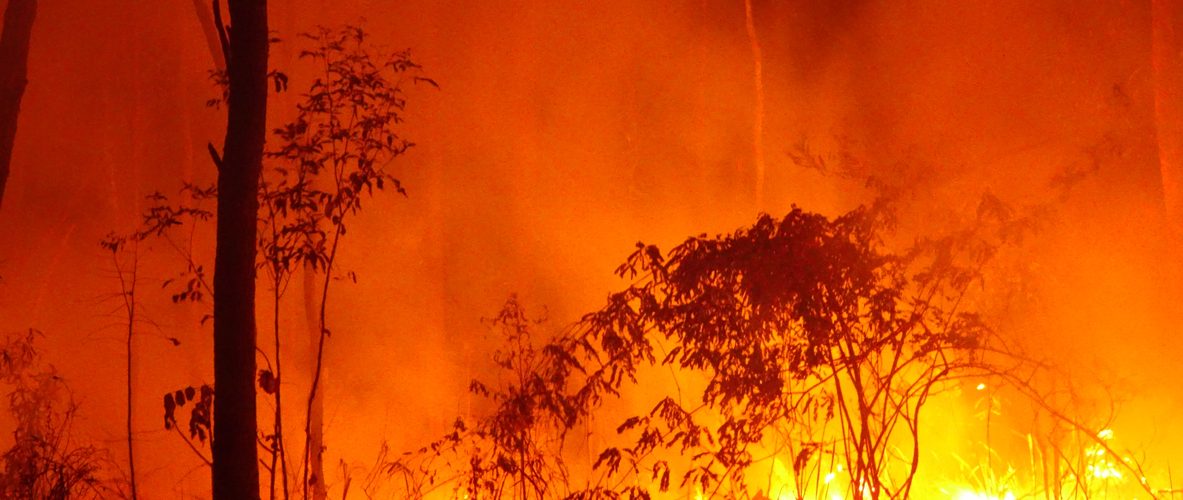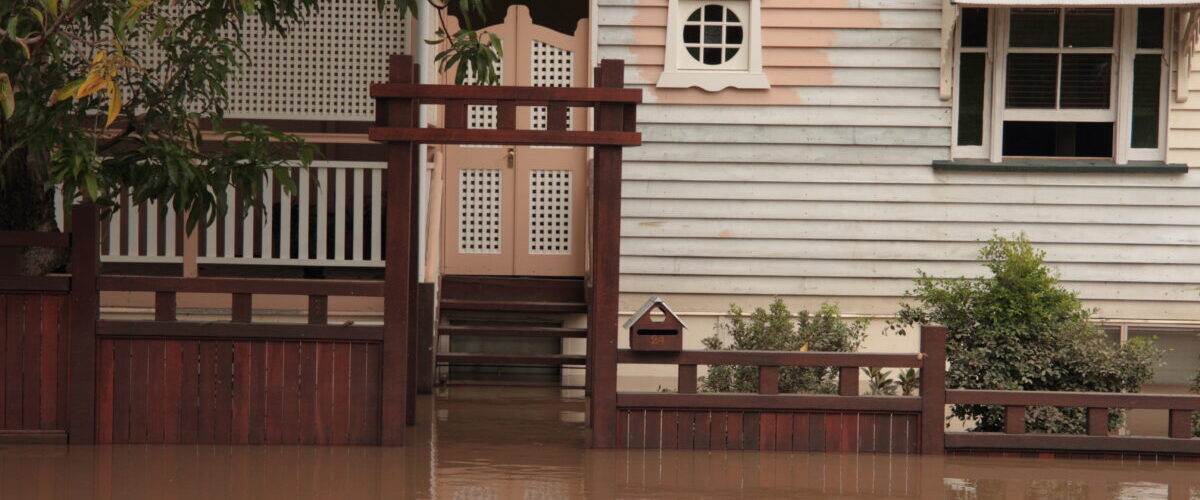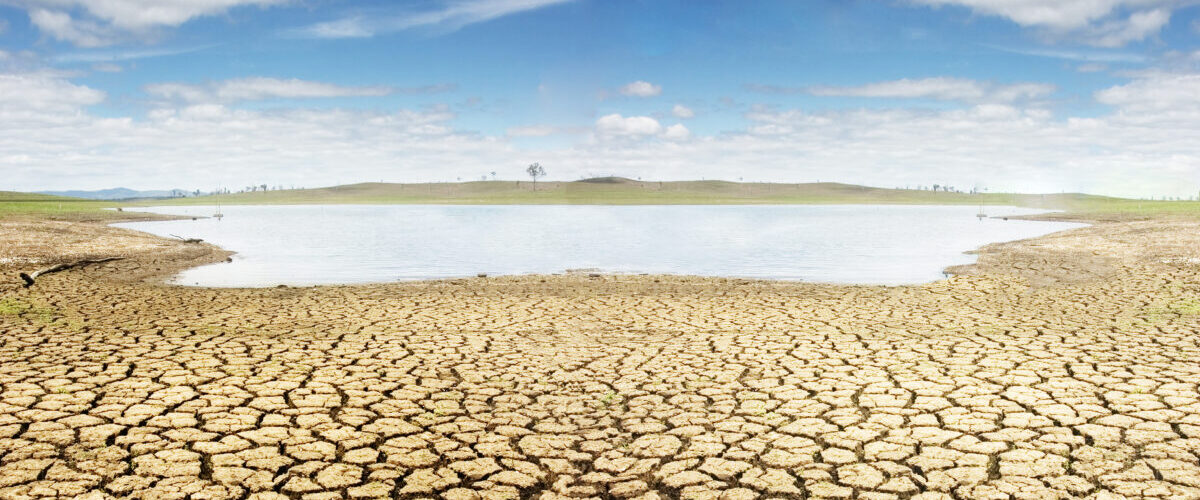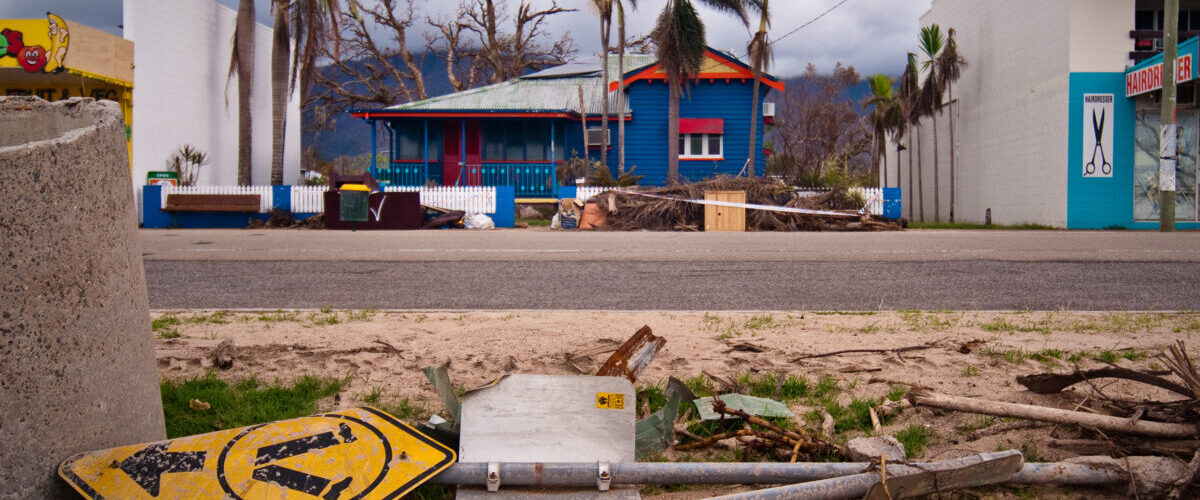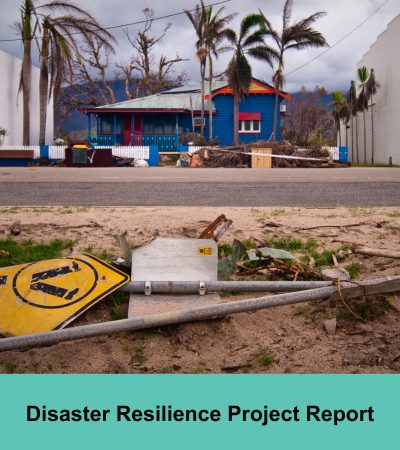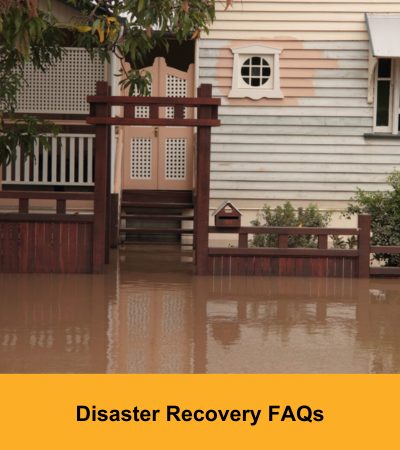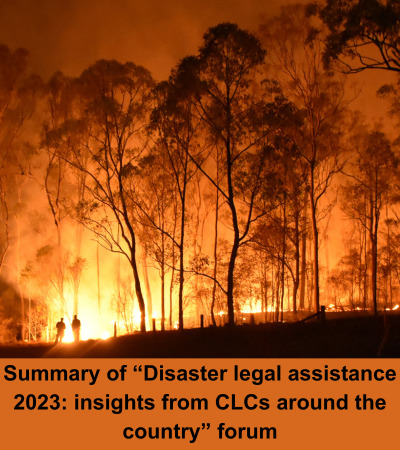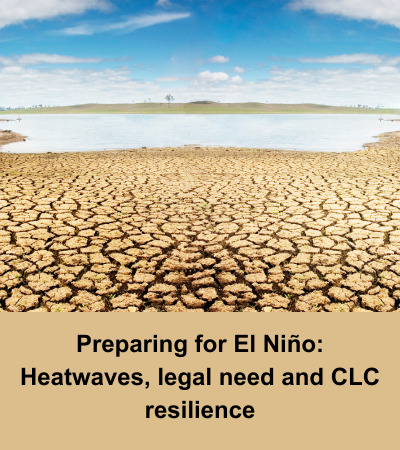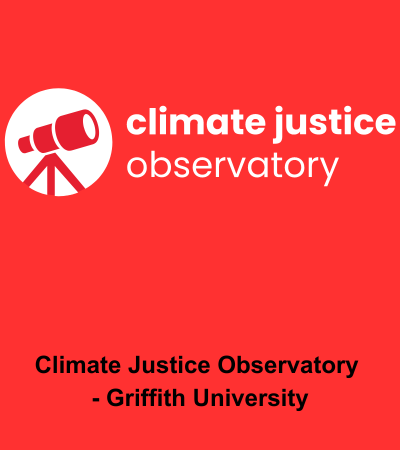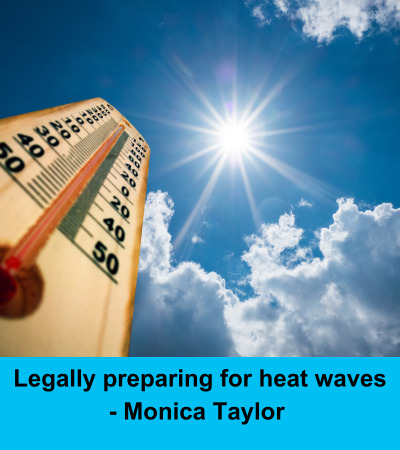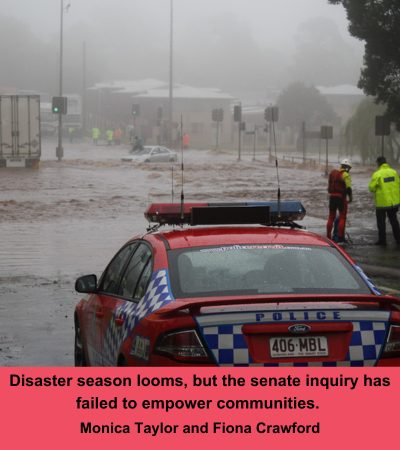Community Legal Centres Queensland is delivering a Disaster Resilience and Capacity Building Project to support the knowledge and capability of our members to deliver targeted and place-based legal support across all phases of the disaster cycle.
A well-resourced and well-prepared community legal sector can help the communities they serve, and strengthen their organisational readiness for future climate disasters.
This information is provided under the Disaster Resilience and Capacity Building Project led by Community Legal Centres Queensland, and jointly funded by Queensland Reconstruction Authority and the Commonwealth government.
Disaster Resilience and Capacity Building
Climate disasters and legal problems
Queensland is the most disaster-prone state in Australia, and climate disasters create many legal problems. As climate change intensifies, Queensland will experience more frequent extreme weather events which will result in more people requiring legal help.
After a disaster, community legal centres often assist people with problems related to housing, employment, social security, credit and bankruptcy, and insurance matters. Other frequent problems include family law, and domestic and family violence. Community legal centres also help people to navigate complex administrative arrangements so that they can access post-disaster government payments and benefits.
Climate change impacts are widespread, and growing
The impacts of climate change are far more widespread than floods, bushfires, cyclones and storms. Climate change affects us in less obvious ways such as worsening air pollution, heatwaves, a deteriorating natural environment, species extinction, drought, sea level rise, coastal erosion, food insecurity, and higher costs of living. Climate change also harms our mental and physical health.
These ‘hidden’ issues also generate legal problems that community legal centres assist with.
Climate change requires climate and disaster justice
Climate change does not affect everyone equally. People and communities with the least ability to cope, adapt and recover from climate change impacts are often the most affected. Climate change exacerbates inequality across our legal, social, economic, and political systems.
Queensland’s 32 community legal centres deliver justice for people on low or no incomes. Our sector helps clients at risk of climate harm because of structural and place-based inequities like racism, classism, ableism, ageism, geographic remoteness, and social isolation. Our sector’s deep expertise in access to justice and community lawyering means we know that climate change adaptation and disaster responses must be equitable, fair, non-discriminatory, and human rights-respecting.
Many climate change impacts set to occur in Queensland are already ‘locked in’. While we must do everything possible to reduce current and future greenhouse gas emissions, we also need to work strategically to transform how we live, and to prepare our communities to adapt to a changing climate. This includes making sure that our laws and policies are ‘climate ready’ and can protect people who are most at risk of climate harm.
First Nations wisdom and expertise
First Nations perspectives must be at the heart of our work in climate adaptation and disaster justice. Aboriginal and Torres Strait Islander peoples have unique cultural rights, knowledge, and wisdom about adapting to a changing climate, and caring for Country.
Climate disasters harm First Nations peoples in ways that are different to non-Indigenous peoples. Disasters can result in experiences of non-material grief and loss that are very profound. Connection to Country is a deep relationship to the lands, seas, skies and all the living things, including plants and animals that provide a sense of belonging and is part of an identity. Damage to Country from climate disasters equates to damage to self and to the spirit; when Country is harmed, so is the self. This is especially harmful because First Nations peoples have contributed the least to climate change, yet they bear the full spiritual force of its impacts.
Resources for Community Legal Centres
Disasters are the ultimate stress test for organisational risk planning and management.
Disasters not only cause service disruption for clients, they can also threaten the workplace safety and wellbeing of staff and volunteers.
As the frequency and intensity of climate change events increases in the coming years, the resilience of our workplaces to withstand climate shocks is now more important than ever.
This Climate Resilience and Adaptive Capacity Checklist (CLCQ Climate Resilience Checklist) is a good starting point for CLC organisational risk planning and management for disaster resilience. It is a self-reflection tool designed to help community legal centre staff and management consider their organisational resilience.
Community legal centres can also access many free, online toolkits to help measure and assess their resilience to climate change, disasters and emergencies. The following tools have been developed specifically for the community services sector:
Small business toolkits also contain useful information for a community legal centre context:
The following webinars are available to watch on-demand:
Domestic Violence, Gender and Disasters: Evidence and Issues presented by Gender and Disaster Australia.
Disability, disasters and the law presented by Queensland Advocacy for Inclusion (QAI) and Queenslanders with Disability Network (QDN).
Community volunteers: Risk and liabilities for community-led disaster response presented by Leanne Collingburn and Jacob Currie from Hopgood Ganim Lawyers and Jacqui Cavanagh from Caxton Legal Centre.
Stuck in the Heat: Climate Justice Case Study presented by Kimberley CLS Systemic Change Advocate Grace Dudley
Supporting communities affected by disaster: Insights, challenges and tips presented by Dr Kate Brady, The University of Melbourne and Australia Red Cross.
Disaster Management Law 101 presented by Monica Taylor, Community Legal Centres Queensland
Climate change and legal need: What do we know? Where are the gaps? presented by Monica Taylor, QUT School of Law PhD student
“Disaster legal assistance 2023: Insights from CLCs across the country” was an online forum held on 29 November 2023.
The forum was an opportunity to meet, reflect and share knowledge from various jurisdictions about disaster legal assistance. Speakers from specialist and place-based services across Australia will presented a mix of stories, observations, and lessons learned about their work in disaster legal help in 2023.
A recording of the forum is available: https://www.youtube.com/watch?v=yptriG6tMho.
Or you can read a summary of the forum here.
PDFs of the presentations are also available by clicking on the links below.
Speakers:
New South Wales: Julia Davis – Financial Right Legal Centre
“Using disaster data for advocacy: Insights from Financial Rights Legal Centre”
Victoria: Simon Suttie – Gippsland Community Legal Service
“Progressing Towards Disaster Preparedness in Gippsland, Victoria”
Western Australia: David Couri -Marninwarntikura Women’s Resource Centre (note: David did not use slides)
“Fitzroy Crossing floods: Disaster legal assistance from an Aboriginal Community Controlled Organisation perspective”
Queensland: Jacqui Cavanagh – Caxton Legal Centre & Magda Dzienis – HUB Community Legal
South Australia: Georgie Portus – Riverland Community Justice Centre & Ippei Okazaki CLCSA
“Flood and bushfire legal need: A South Australian perspective on supporting communities”
“Natural Disaster Outreach” (youtube link)
Tasmania: Ryan Gilmour – North-West Community Legal Centre Inc & Jane Hutchison CLC Tasmania
“View from Tasmania: 2016 floods, bushfire preparation and sector capacity challenges”
Our thoughts are with all centres located in areas hit by extreme weather events over the Christmas and New Year period. Queensland is now experiencing compounding and cascading climate events. The long tail of community recovery from disasters means there will likely be an influx of legal need in the weeks and months ahead.
Sector collaboration for disaster legal help
We also encourage all impacted CLCs to attend the next Disaster Legal Assistance Working Group, hosted by DJAG and chaired by Legal Aid Queensland. You can contact Paul Holmes (Legal Aid) to receive a calendar invitation for the next meeting: paul.holmes@legalaid.qld.gov.au
Information about disaster assistance
- Queensland Government Community Recovery Hotline on 1800 173 349 is available 24/7 for people to obtain information, support or assistance with grant applications.
- Community Recovery Hubs are open in impacted local government areas. The locations and opening times are available at www.qld.gov.au/disasterhelp
Grants and hardship assistance
Monetary grants and hardship assistance has been activated for Queensland communities impacted by recent extreme weather events. Personal Hardship Assistance and Housing Assistance may be available for clients (eligibility conditions apply). These include:
Queensland government:
- Emergency Hardship Assistance Grants – $180 per person, up to $900 for a family of five or more to support immediate essential needs (food, clothing or medical supplies).
- Structural Assistance Grants – up to $50,000 for uninsured, income-tested owner-occupiers towards the repair or replacement of a disaster damaged dwelling to return it to a safe and habitable condition.
- Essential Services Hardship Assistance – $150 per person, up to $750 for a family of five or more to assist with immediate needs following the loss of essential services at home for more than five consecutive days.
- Essential Household Contents Grants – up to $1,765 for individuals and up to $5,300 for couples or families to replace destroyed essential household contents (e.g. bed linen, white goods).
To see the full list of grants and for more information, visit www.qld.gov.au/disasterhelp
Australian government:
- Australian Government Disaster Recovery Payment (AGDRP) is a one-off lump sum payment to eligible Australians adversely affected by the South East Queensland severe storms and rainfall in December 2023-January 2024. AGDRP is $1,000 per eligible adult and $400 per eligible child. Claims for AGDRP can be lodged with Service Australia for a period of up to six months.
- AGDRP is available for people who have been seriously injured, have lost their homes or whose homes have been directly damaged, whose major assets have been directly damaged or are the immediate family members of an Australian citizen or resident who has died as a direct result of the South East Queensland severe storms and rainfall.
- Claimants have until 3 July 2024 to lodge a claim for AGDRP in the three (3) local government areas of City of Gold Coast, Logan City and Scenic Rim Regional Council.
For more information, visit Services Australia or www.disasterassist.gov.au.
Emotional support for people impacted by disasters:
A dedicated Lifeline Queensland phone support service has opened to help Queenslanders impacted by the recent disaster in the state’s far north and south-east regions. Contact Lifeline on 1800 116 671.
